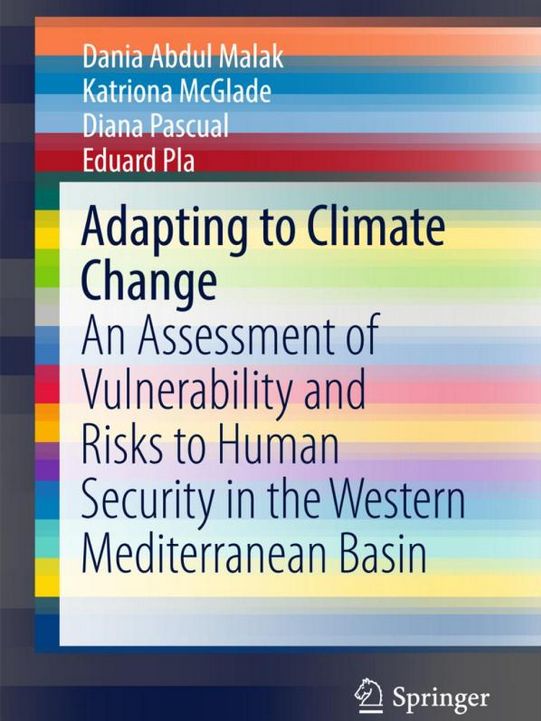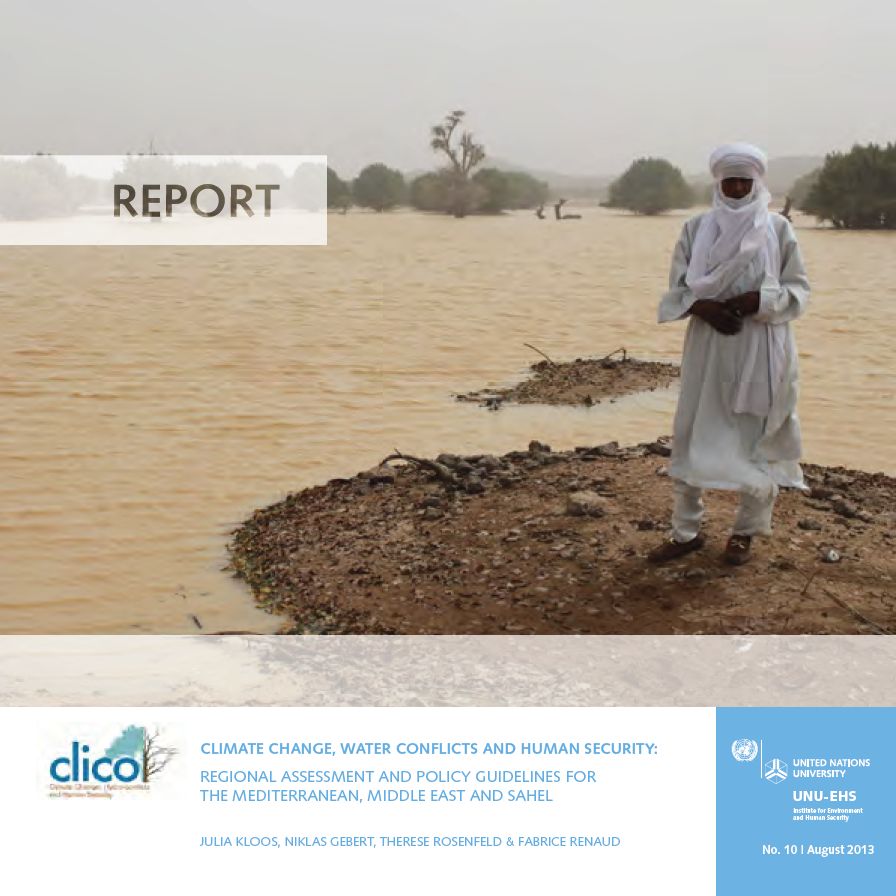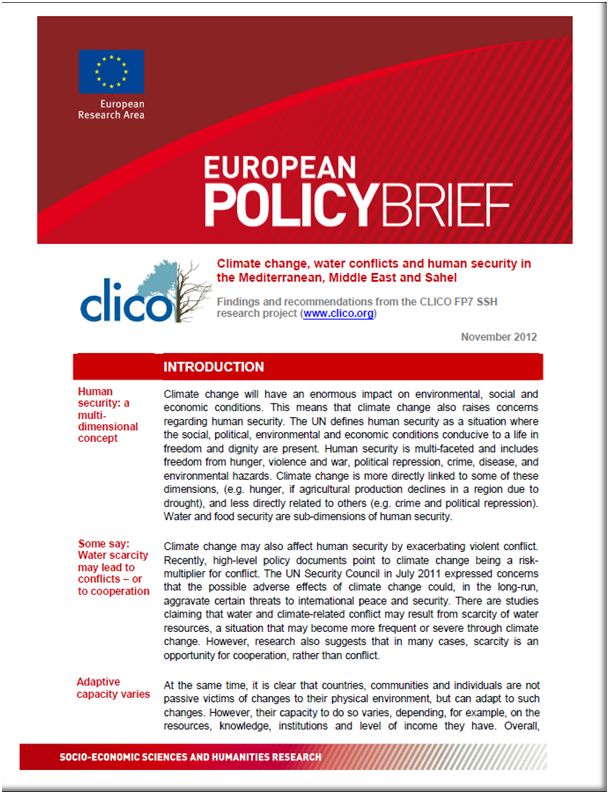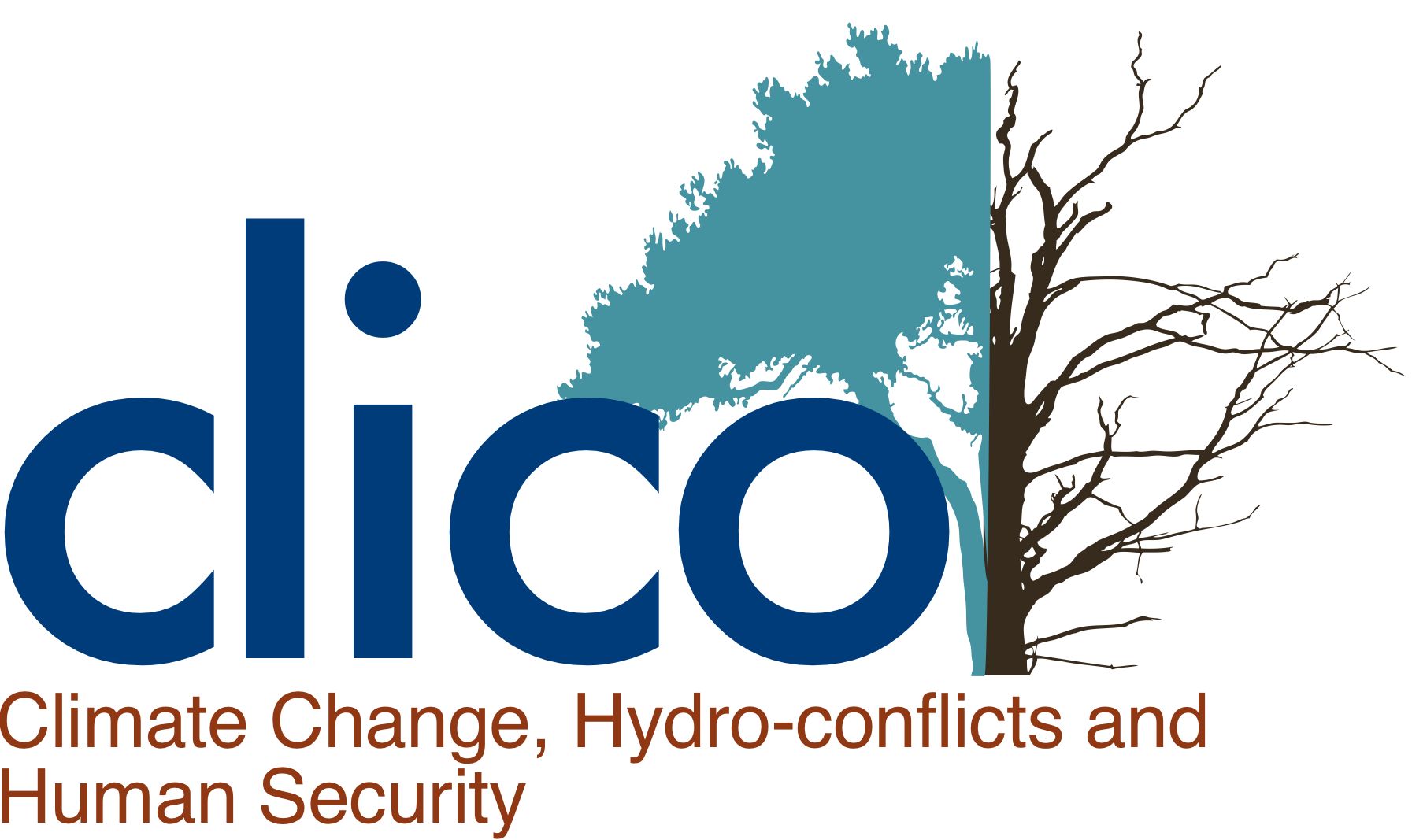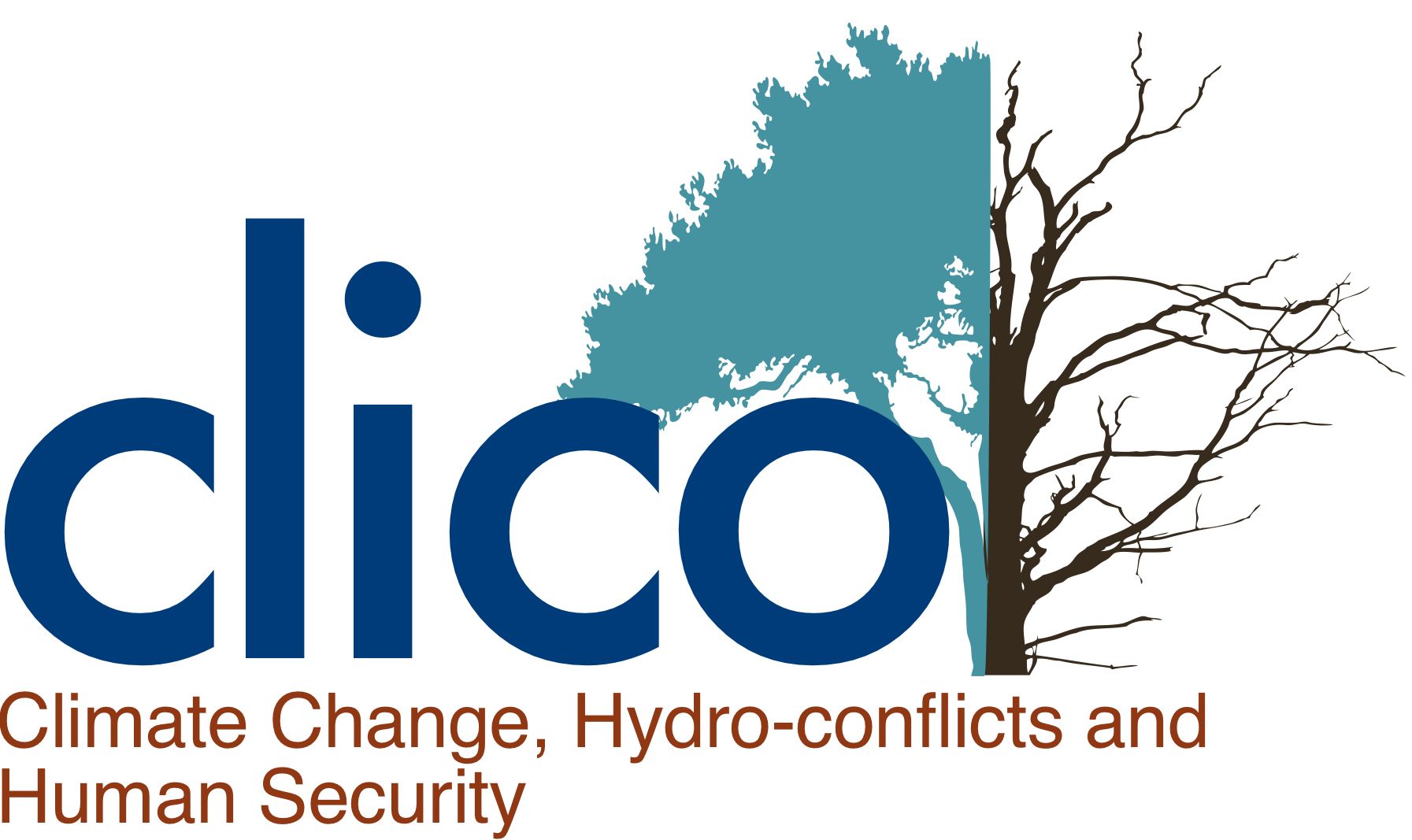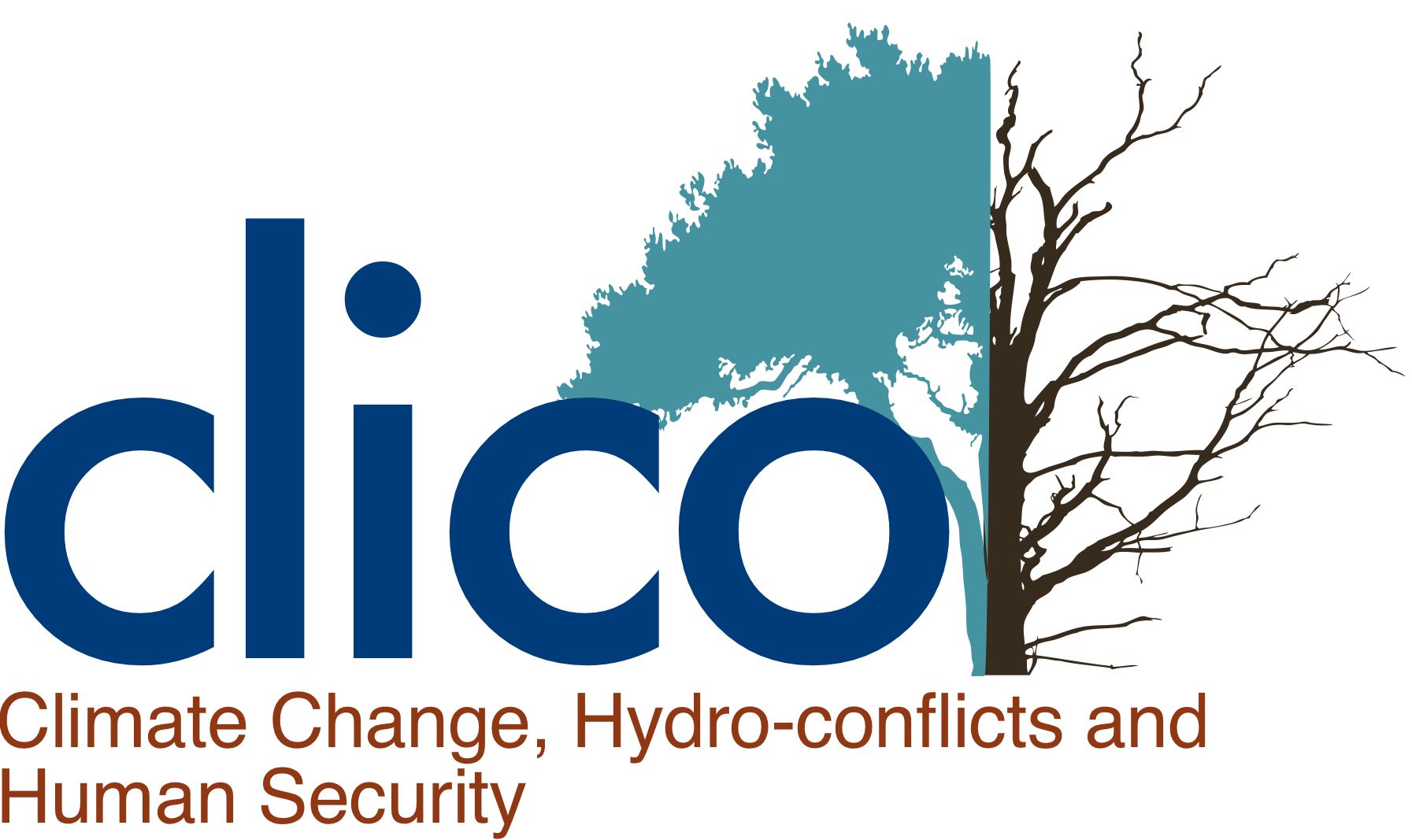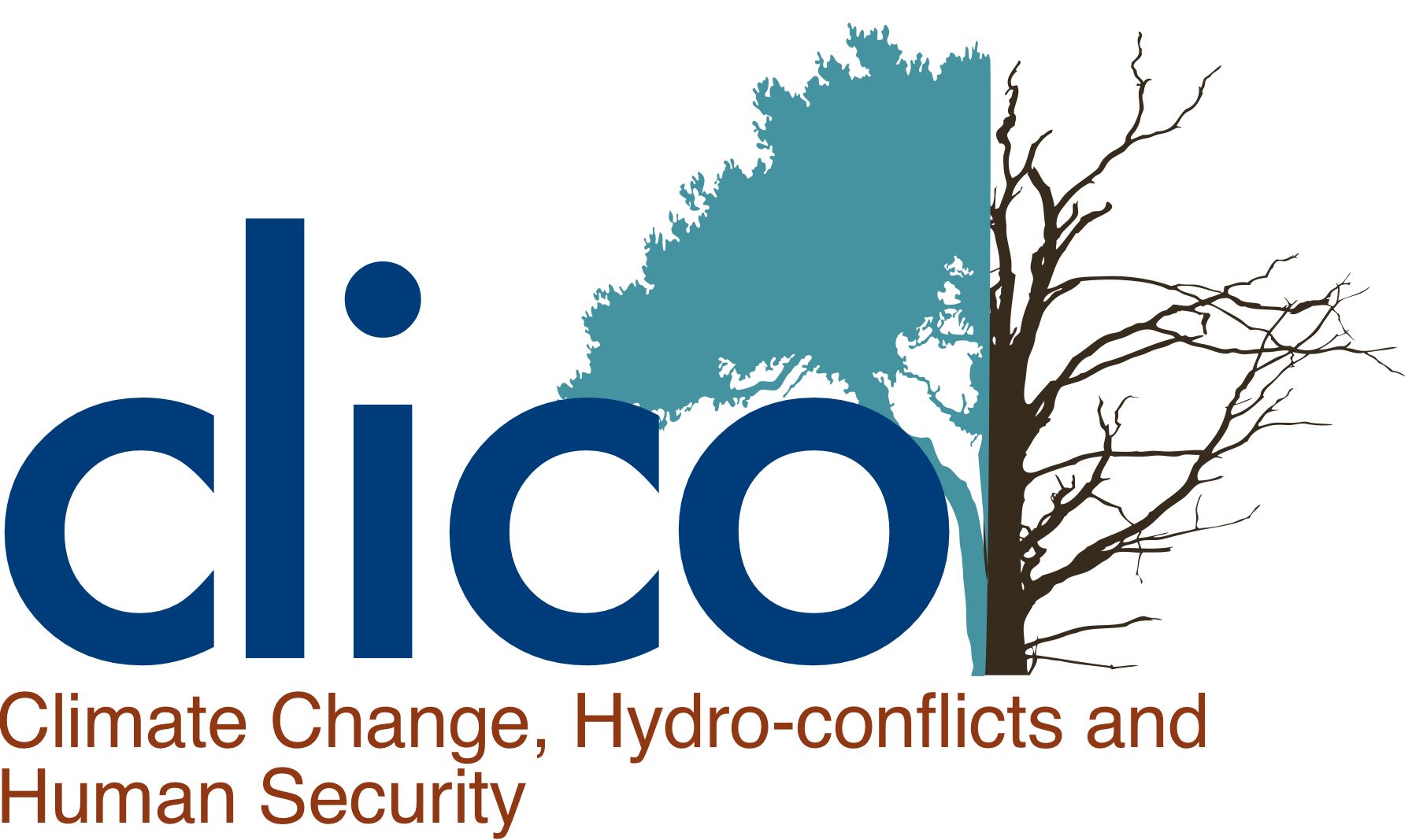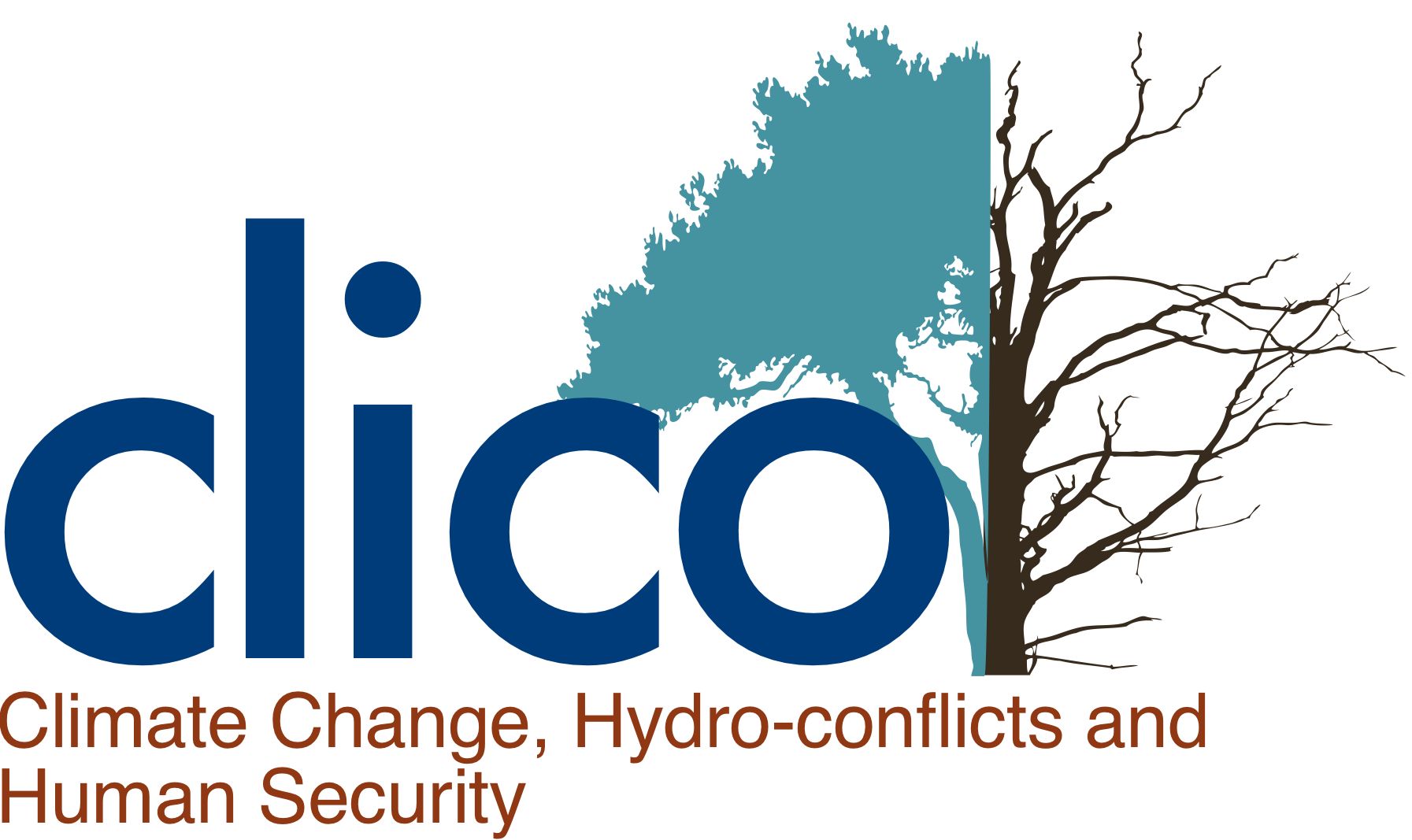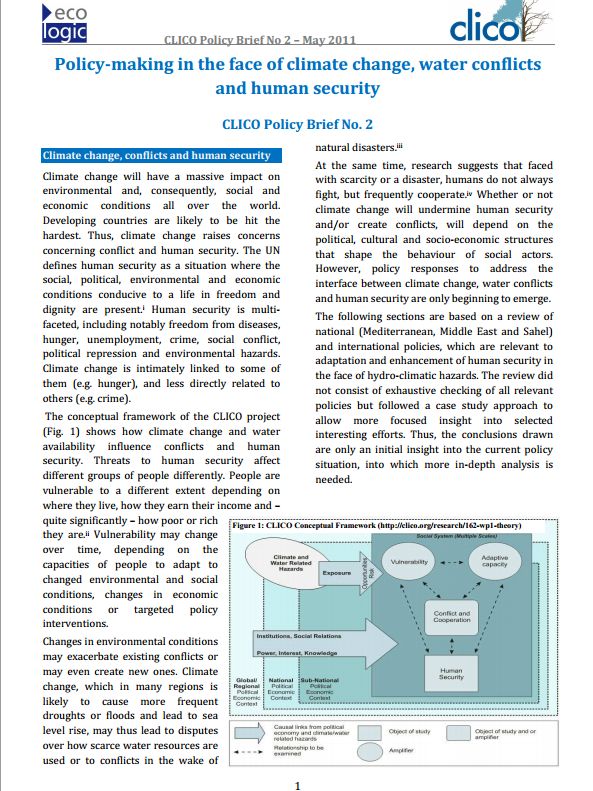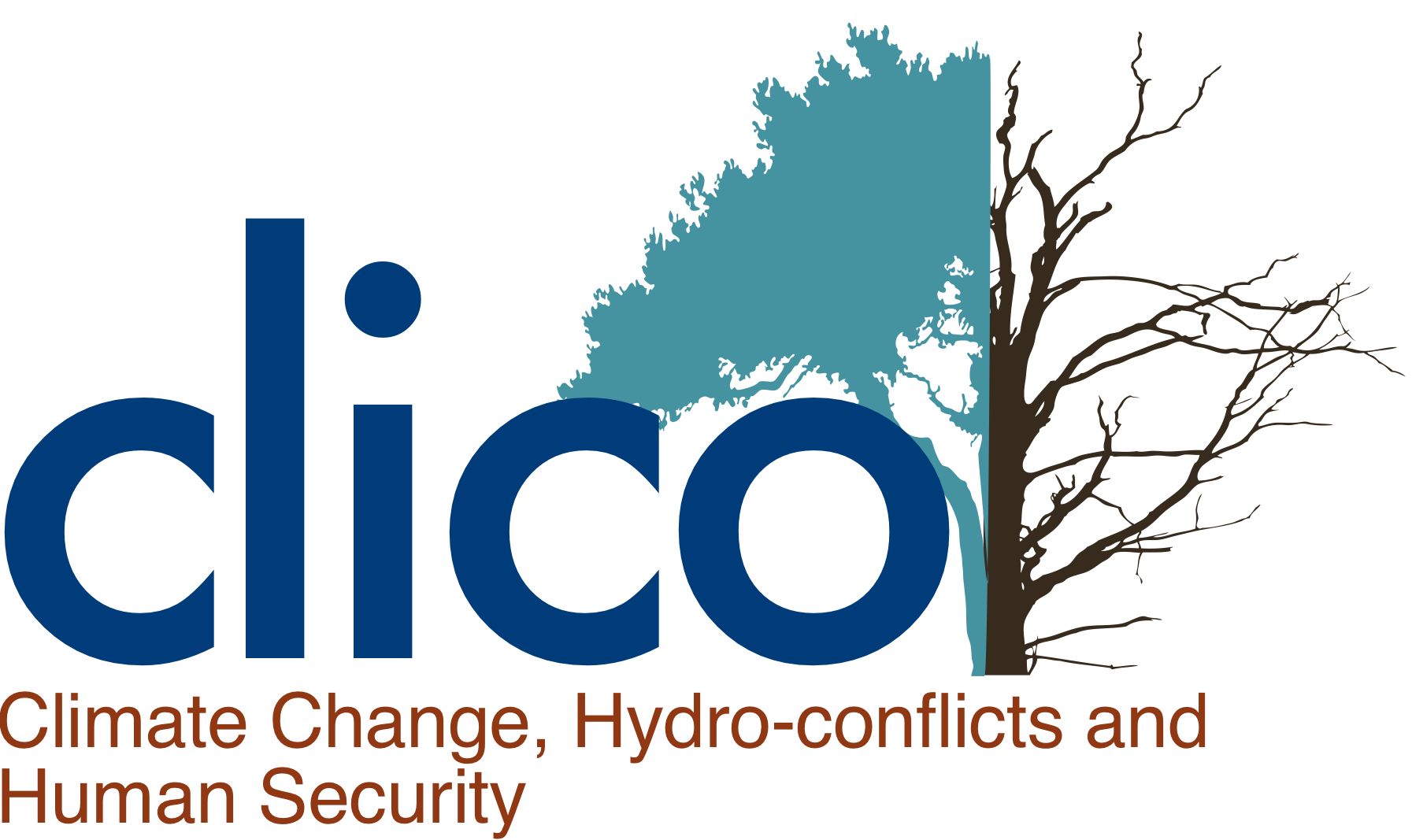
The Effectiveness of Policy Frameworks for Addressing Climate-induced Risks to Human Security and Conflict
Report on Stakeholder Perspectives and Demands
- Publication
- Citation
Gerstetter, Christiane et al. 2012: The effectiveness of policy frameworks for addressing climate-induced risks to human security and conflict - Report on stakeholder perspectives and demands. Ecologic Institute, Berlin.
Climate change will have clear physical consequences for our natural environment. The Mediterranean, Middle East, and Sahel (MMES) form a region under particular threat from, among other things, changes to rainfall patterns. Climate change may also have wider socio-political consequences for the region: it can undermine human security and create conflict over scarce water resources. A new study by Ecologic Institute investigates policies that MMES countries have developed to address the physical impacts of climate change on water and examines how effective these policies are for ensuring human security and reducing conflict. The study, a shortened version, and five case studies are available for download.
The Ecologic Institute report is based, inter alia, on over 70 interviews conducted with policy-makers and experts in Ethiopia, Morocco, Israel and the occupied Palestinian Territories (oPT), as well as representatives of the EU and the UN. The report assesses not only the effectiveness of existing measures for addressing hydro-climatic risks, but also collects perspectives on how these policies should develop.
The predicted physical impacts of climate change in the MMES region (e.g. droughts, seasonal variability and flooding) are to a large extent addressed through existing policy frameworks such as for water management, agriculture and disaster risk reduction. How climate change adaptation is taken up in policy processes varies considerably across the region and is influenced by both the extent of climate change impacts and existing policy agendas. Climate change ranges from being viewed as marginal in comparison to existing stressors (e.g. Israel), to being of central importance to livelihoods and national development efforts (e.g. Ethiopia).
High level statements and reports from the UN and EU have popularised the use of human security in recent years. However, at a practical level, human security has proved to be a concept of limited value. At the national level, there is an absence of policies that specifically address climate-related impacts on human security and conflict. These impacts may nonetheless be addressed indirectly through other policies such as farmer insurance schemes or the integration of conflict resolution mechanisms in water management.
Expectations and demands for future policy are also to a large extent shaped by existing policy agendas: in the case of Ethiopia this is shaped by climate change adaptation, in Morocco by agricultural policy and human development, and in the occupied Palestinian Territories (oPT) by the ongoing conflict with Israel.




